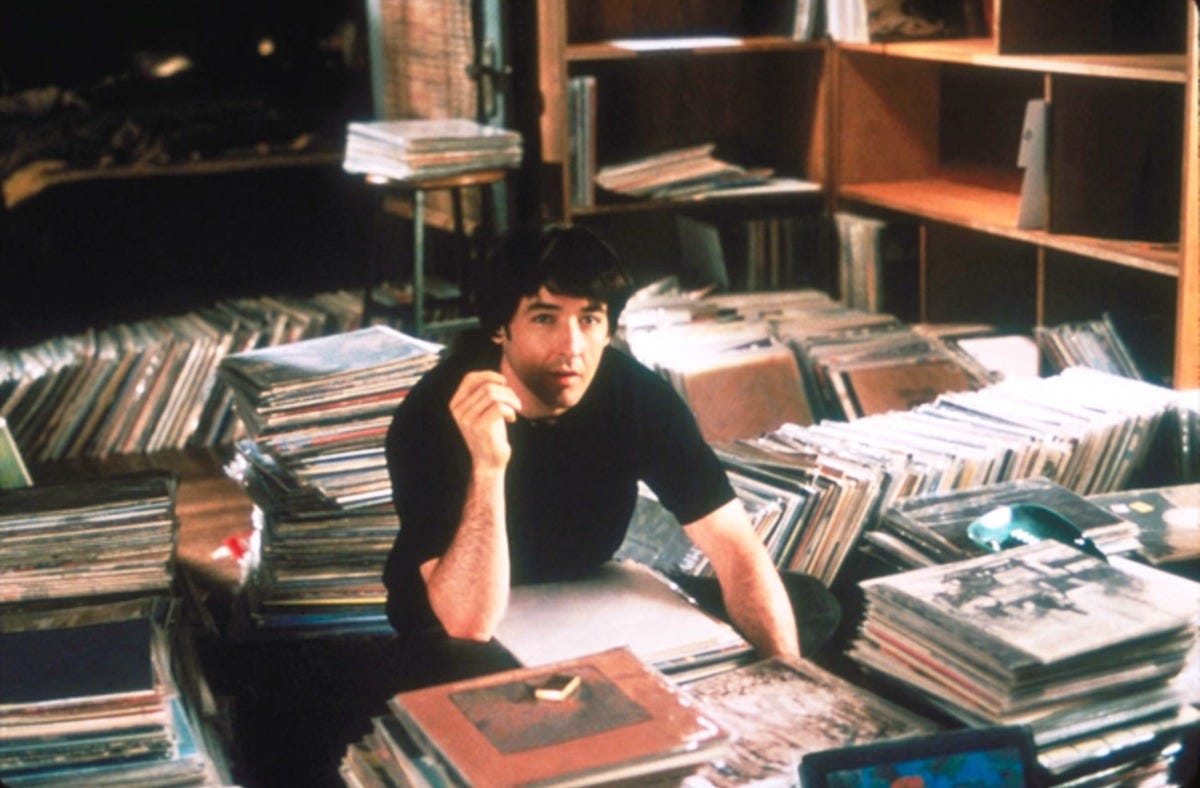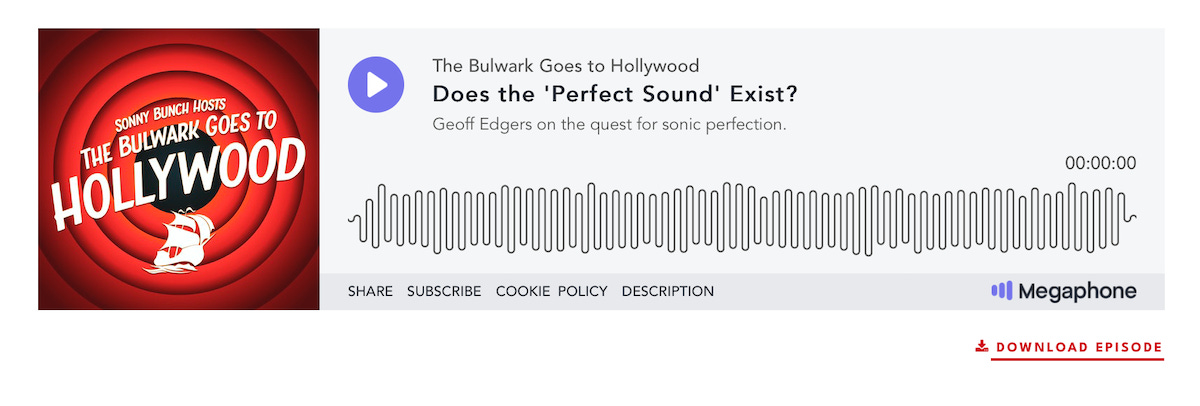Does the 'Perfect Sound' Exist?
Geoff Edgers on the quest for sonic perfection.
Subscribe to the show on these podcast platforms:
Apple Podcasts | Spotify | Stitcher | Others
Bulwark+ members can comment on the show here.
On this week’s episode, I talk to The Washington Post’s Geoff Edgers about his latest feature, “The Search for the Perfect Sound.” The boom in vinyl has led to a lot of questions about whether or not the new pressings hitting store shelves at astronomical costs are, you know, any good. Purists are distraught at the very thought of digital techniques being used in the creation of analog sound. Why do some records sound better than others? And how much can it cost to achieve sonic perfection? If this episode left you feeling nostalgic for the stacks of records you grew up spinning, make sure to share it with a similarly inclined friend!





